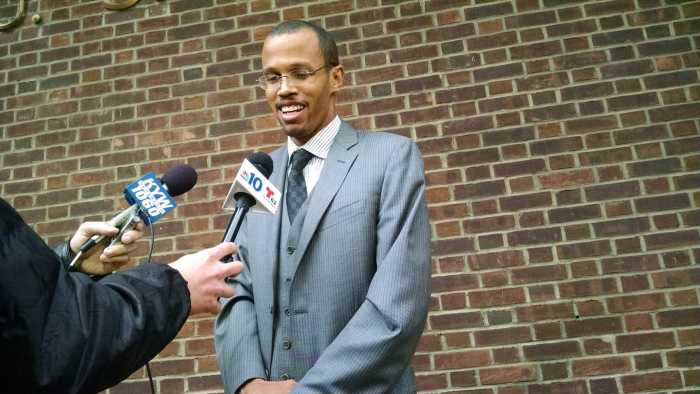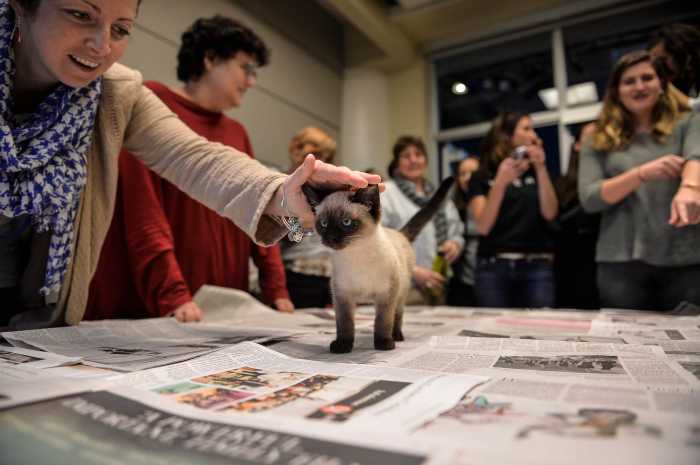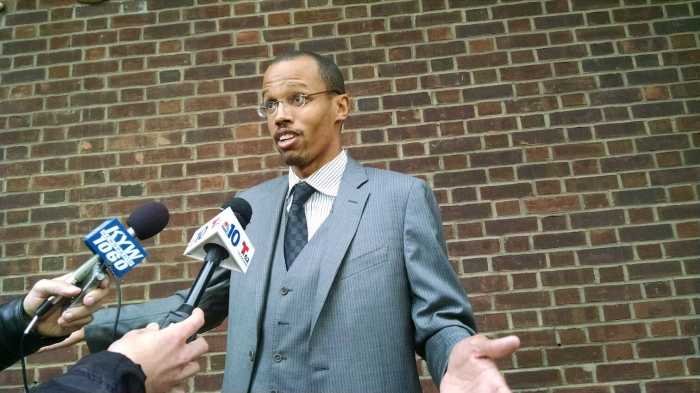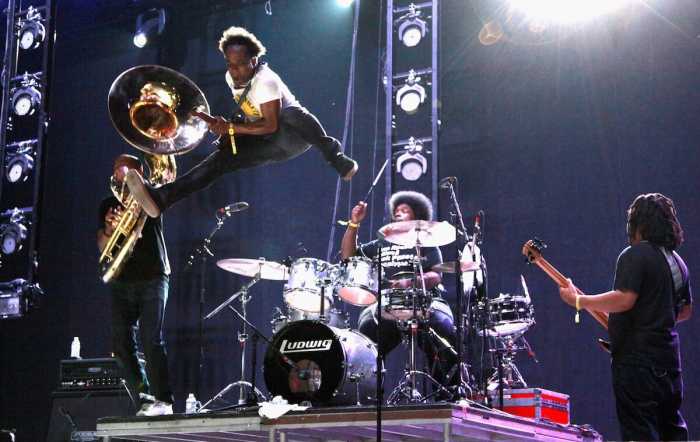The Pennsylvania GOP said a $10,000 prize that will be offered to a randomly selected Philadelphia voter by an online news startup is “bribery” backed by liberal special interests.
And the party is using its outrage to drum up donations — with an email reading “You won’t believe what they’re doing in Philadelphia.”
The Philadelphia Citizen, a nonprofit news organization that says it is dedicated to finding solutions to civic problems, announced last weekthat it would give $10,000 to a randomly selected Philadelphia voter. The organization said it offered the lottery to draw attention to, and reverse, the city’s abysmally low turnout in mayoral elections, which have seen voter turnout rates fall from 61 percent in 1991 to 29 percent in 2007. RELATED:It’s not easy being the GOP
That drew the ire of the Pennsylvania GOP, in part because an increased turnout in heavily-Democratic Philadelphia could have an impact on statewide judicial races.
Interest groups have bombarded the airwaves for the openings on the state Supreme Court, pitting business and free market advocates and their GOP allies against trial lawyers, who have traditionally aligned with Democrats. Reached for comment, PA GOP spokeswoman Megan Sweeney said the use of the word bribery cites a headline from the online news service Billy Penn. But she said the party’s lawyers are looking into whether this lottery does violate the law. RELATED:Philly kids talk to mayoral candidates, and it’s kinda bleak “I thought they were joking when I saw it,” Sweeney said, adding, “It doesn’t pass the smell test.”
Larry Platt, on of the co-founders of The Philadelphia Citizen, said it’s true, there is something a bit unseemly about using a lottery to drive turnout. But he said the news organization itself is non-partisan, and is designed to drive civic engagement. “This is a radical thing,” Platt said “It does feel a little icky.”
Platt said the news organization got the idea from Los Angeles, where a $25,000 lottery to vote in a school board election pumped up voter interest.
Kevin Greenberg, a elections lawyer who examined the legality of the lottery for Platt said it complied with Pennsylvania law.
It is illegal to pay for someone to vote for a specific person. But simply paying people to vote? That’s fine, Greenberg said.
The issue raises a related question of whether driving turnout in Philadelphia for the mayor’s race, where most voters are Democrats, could impact results across the state.
“It’s entirely possible that the person who gets this money is a person who votes for the Socialist Workers Party,” Greenberg said. “There’s no question that Philadelphia exercising its right to vote is going to affect outcomes that are good for Philadelphia.”
PA GOP says lawyers are looking into $10k lottery for Philly voters
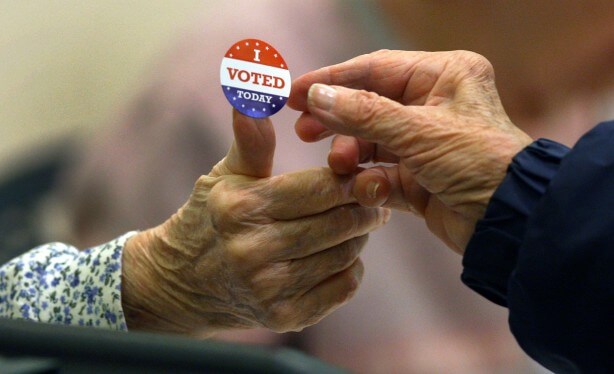
File Photo



